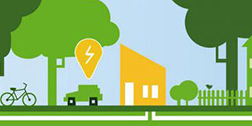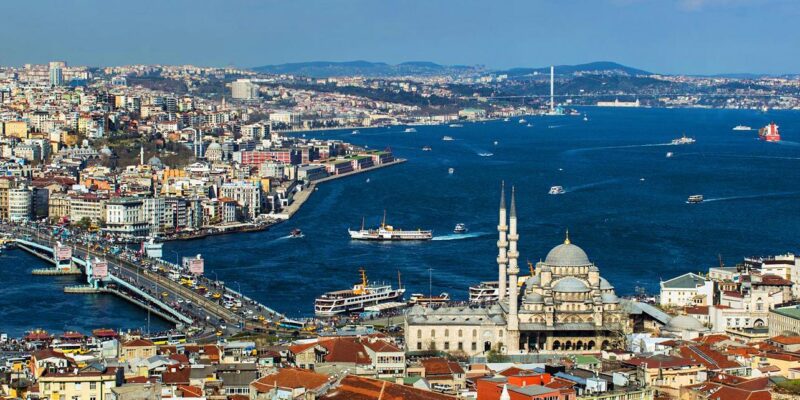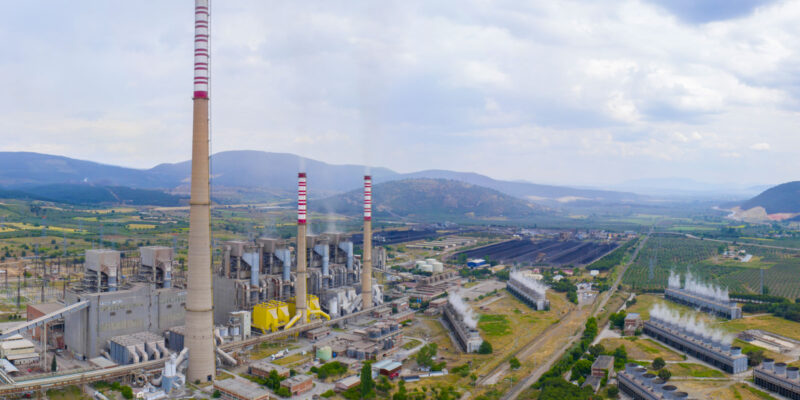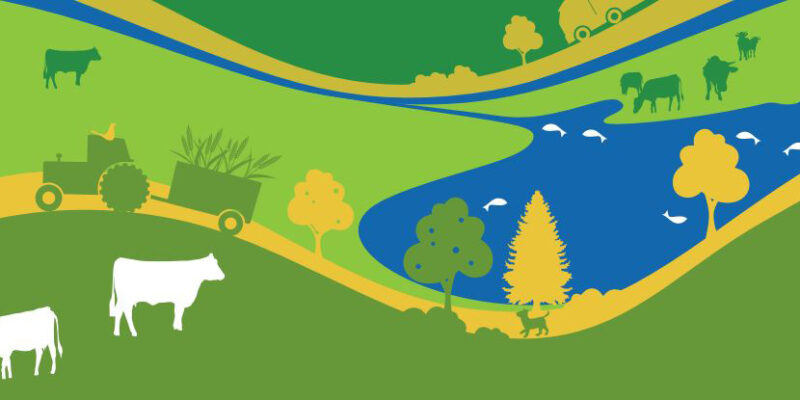Polyak Eynez Enerji Üretim Madencilik San. ve Tic. Inc. In the Kınık Lignite Mine operation within the scope of the current situation assessment, carbon and water footprint reporting was made and resource efficiency and cyclical opportunities were evaluated in order to improve environmental performance. Under the heading of evaluation of the current situation, the calculation of the carbon and water footprint of the enterprise, reporting according to appropriate standards, competitor analysis and evaluation according to sectoral metrics were made.
In addition to the existing ESG approaches within the framework of national/international developments, assessment of transitional risks and good practice examples in the national/international arena, in addition to the existing ESG approaches, the European Union Green Agreement, the Paris Agreement and the Border Carbon Tax and similar developments are for the coal mining sector of our country and especially Polyak Eynez. A roadmap was prepared by GTE as a result of a comprehensive assessment of the opportunities and risks it creates for the company.








